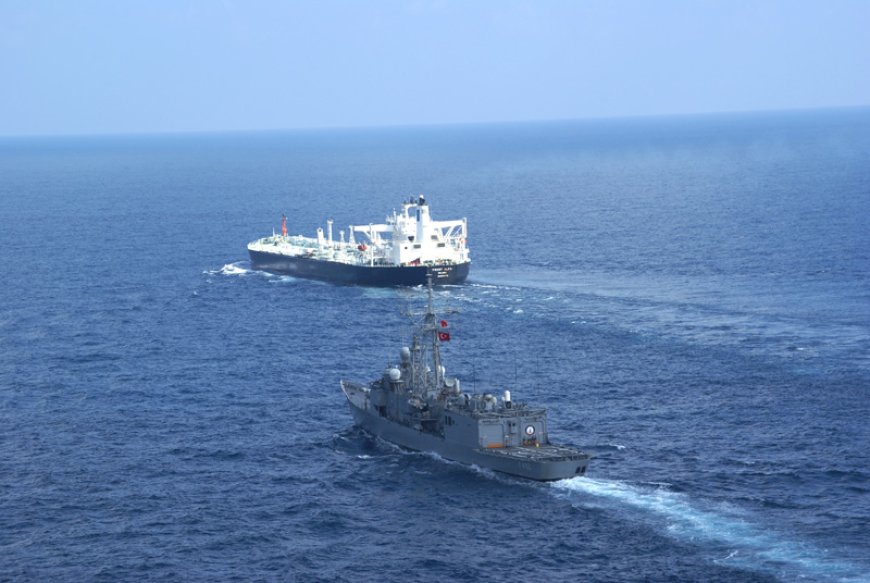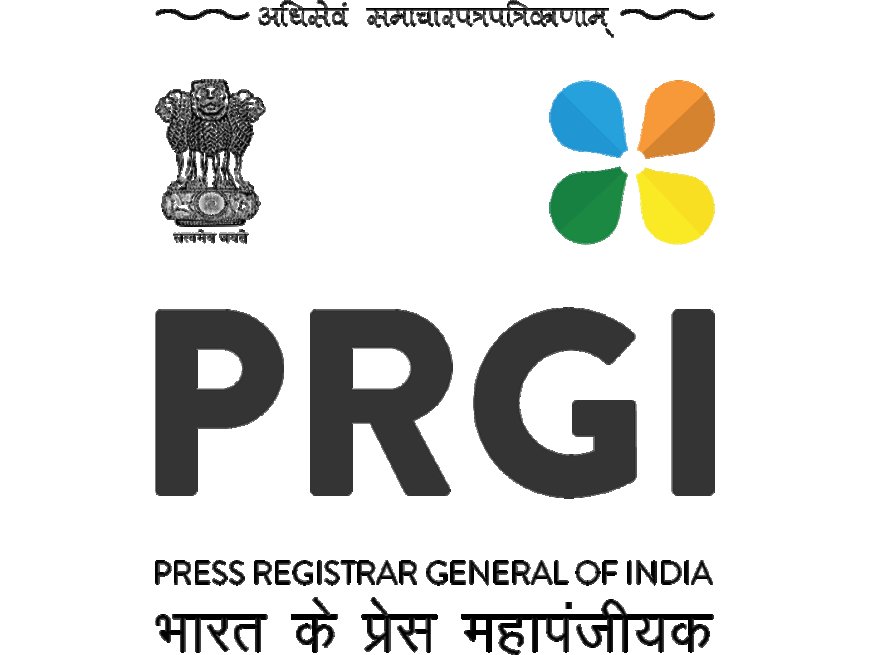UN Rallies Global Effort to Tackle Maritime Security Threats in African Waters
The UN calls for coordinated global action to address piracy and maritime threats along African coasts, urging investment in technology, joint naval operations, and regional capacity building.

Mounting Maritime Security Concerns
The United Nations has intensified its push for global maritime security measures following an alarming rise in piracy and armed robbery incidents in African waters, particularly off the coasts of West and East Africa. During a high-level UN meeting held in New York this week, maritime experts, diplomats, and defense officials from over 70 nations convened to address what they described as "a rapidly evolving threat to global trade, regional stability, and human security."
According to the International Maritime Bureau (IMB), incidents of piracy in the Gulf of Guinea alone accounted for nearly 95% of global maritime kidnappings in recent years. While the numbers saw a slight dip in 2024 due to increased patrols, the emergence of new hot spots in the Horn of Africa and Mozambique Channel has triggered renewed international concern.
Why African Waters Are Becoming a Target
Several factors have contributed to the surge in maritime crime across African coastal regions:
-
Economic Instability: In countries with fragile economies, criminal networks often turn to piracy as a lucrative source of income.
-
Weak Maritime Governance: Limited naval capabilities and insufficient law enforcement make certain stretches of ocean attractive to organized criminal groups.
-
Strategic Shipping Routes: African waters, particularly the Gulf of Guinea and the Red Sea, are major arteries for international trade, carrying oil, gas, and essential goods between continents.
-
Terrorist Financing: Intelligence reports suggest extremist groups in some regions use maritime crimes to finance their operations.
A UN security advisor noted that without urgent intervention, shipping costs could rise significantly as insurers adjust premiums to account for increased risks—potentially impacting global supply chains and consumer prices.
The UN’s Multi-Layered Security Strategy
The UN’s new maritime security initiative, announced during the session, will focus on three key pillars:
-
Enhanced Regional Cooperation: Encouraging African nations to strengthen joint patrols and intelligence-sharing frameworks, especially in high-risk areas.
-
Technological Upgrades: Investing in modern surveillance equipment, satellite tracking systems, and maritime drones to monitor vast ocean territories.
-
Capacity Building: Training local coast guards and naval forces to conduct efficient anti-piracy operations while respecting international maritime law.
"We need a united front, where nations—both coastal and landlocked—understand that maritime security is not a regional issue, but a global one," said António Guterres, UN Secretary-General, during the opening remarks.
International Stakeholders Step Up
Global powers have already pledged varying degrees of support. The European Union Naval Force (EUNAVFOR) is considering an expanded mandate for its Operation Atalanta mission, which has been instrumental in deterring Somali piracy. Meanwhile, the United States Africa Command (AFRICOM) announced plans to increase joint training exercises with West African navies.
Private sector stakeholders—especially shipping giants and oil companies—are also being urged to play an active role. Industry leaders from firms like Maersk and TotalEnergies have expressed willingness to share intelligence data and finance anti-piracy infrastructure, recognizing that secure seas are essential for uninterrupted trade flows.
For in-depth coverage of global naval collaboration, visit the International Maritime Organization (IMO) and the United Nations Office on Drugs and Crime (UNODC) Maritime Crime Programme.
Piracy’s Economic Toll
The economic impact of maritime insecurity on African economies is profound:
-
Trade Disruptions: Attacks often lead to rerouting of shipping lanes, increasing delivery times and costs.
-
Insurance Hikes: War-risk insurance premiums have surged for vessels transiting high-risk African waters.
-
Investment Deterrence: Offshore oil and gas exploration in areas like the Niger Delta and East African coast face uncertainty due to security risks.
A 2024 World Bank study estimated that piracy and maritime crimes in Africa collectively cost the global economy over ₹3.3 trillion annually in lost trade, increased security measures, and insurance costs.
African-Led Solutions
Despite the challenges, several African nations are making notable strides in self-reliance:
-
Nigeria: Established the Deep Blue Project, deploying special maritime security units along the Gulf of Guinea.
-
Kenya: Upgraded its port security and coastal surveillance under the Blue Economy initiative.
-
Seychelles: Strengthened legal frameworks to ensure captured pirates face trial under international law.
These measures have been lauded by the UN as examples of sustainable security solutions that other nations can adapt to their contexts.
Technology’s Role in Modern Maritime Defense
The meeting emphasized that technology will be the linchpin in future maritime security operations. Key innovations include:
-
AI-Powered Threat Detection: Artificial intelligence tools capable of analyzing vessel movement patterns to flag suspicious activity.
-
Long-Range Unmanned Aerial Vehicles (UAVs): Drones capable of covering thousands of kilometers to detect pirate skiffs before they strike.
-
Blockchain Tracking Systems: Secure digital records for cargo, reducing opportunities for fraud and smuggling.
Some African nations, with UN assistance, are piloting real-time coastal radar networks linked directly to international command centers—making it harder for pirates to operate undetected.
The Legal Front: Closing Gaps in Maritime Law
Experts also stressed the need for harmonized maritime laws across African coastal states. Currently, discrepancies in jurisdiction and legal frameworks allow criminals to exploit “safe havens” in countries with weaker enforcement.
The UN is encouraging African nations to ratify and enforce the Yaoundé Code of Conduct, a regional agreement aimed at combating piracy, armed robbery, and other illicit maritime activities. This is supported by the United Nations Convention on the Law of the Sea (UNCLOS), which sets out legal principles governing maritime conduct.
Looking Ahead: The Road to Safer Seas
The UN’s maritime security push is not a short-term project—it is envisioned as a decade-long effort combining diplomacy, defense, and development. The ultimate goal is to ensure that African waters become safer not just for trade, but for coastal communities that depend on the ocean for their livelihoods.
"If we fail to act decisively now, the cost—both in human lives and economic stability—will be far greater in the years to come," warned Ghada Fathi Waly, Executive Director of the UNODC.
For a comprehensive overview of ongoing maritime security initiatives, see the UN Department of Political and Peacebuilding Affairs and the International Chamber of Shipping’s Security Resources.
Conclusion
Piracy and maritime crime in African waters represent more than just a regional security issue—they are a global economic and humanitarian challenge. The UN’s renewed focus on technology, capacity building, and international cooperation offers a pathway to long-term stability. However, the effectiveness of these measures will ultimately depend on the willingness of nations and industries to share responsibility for the world’s seas.











